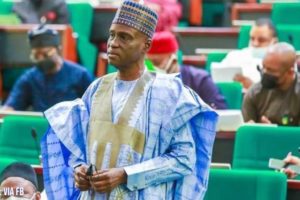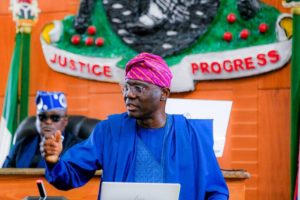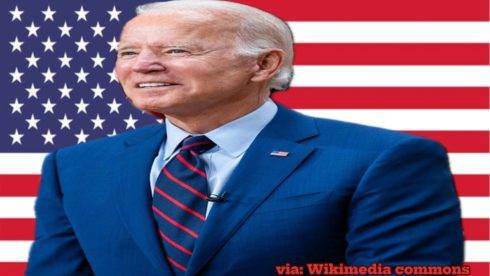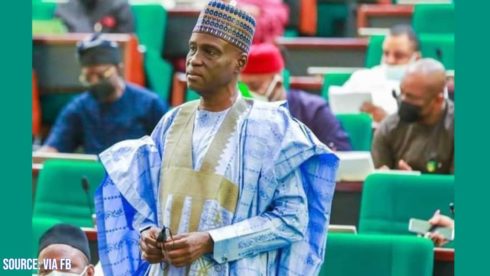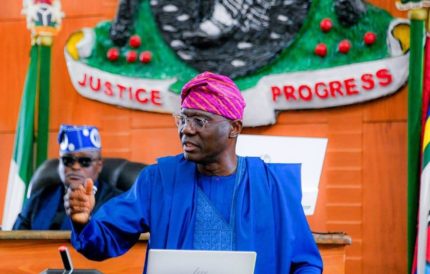The Biden administration’s decision to indefinitely postpone the long-awaited menthol cigarette ban has ignited a storm of controversy, drawing criticism from anti-smoking advocates while potentially sidestepping a political quagmire with Black voters ahead of November’s elections. Health and Human Services Secretary Xavier Becerra’s statement on Friday offered no concrete timeline for the implementation of the ban, citing the need for further deliberation and feedback from various stakeholders, including civil rights groups.
Throughout recent months, the Biden Administration has engaged in numerous discussions with opposing factions, including civil rights activists, law enforcement representatives, and small business owners, many of whom have financial ties to tobacco companies. This delay marks a significant setback for the Food and Drug Administration (FDA), which had drafted the ban with the expectation of averting hundreds of thousands of smoking-related fatalities over four decades. Despite persistent efforts by the FDA across multiple administrations, a finalized rule on menthol cigarettes has remained elusive.
Yolonda Richardson, representing the Campaign for Tobacco-Free Kids, condemned the Biden administration’s decision, emphasizing its detrimental impact on Black lives and accusing the Biden Administration of echoing the tobacco industry’s misleading narratives regarding support from the civil rights community. Richardson highlighted that prominent organizations such as the NAACP and the Congressional Black Caucus have endorsed the ban, underscoring its importance in addressing public health disparities within minority communities.
Political Calculations Trump Public Health Concerns
The Biden administration’s maneuvering around the menthol cigarette ban underscores the delicate balance between public health imperatives and political expediency. By postponing the ban indefinitely, the administration aims to navigate the intricate terrain of electoral politics, particularly in courting support from Black voters, whose opinions on the issue are divided. Both Republicans and Democrats have scrutinized the ban’s potential ramifications, with previous efforts hampered by industry opposition and competing political agendas.
The decision reflects broader patterns of regulatory inertia and industry influence that have impeded meaningful progress in combating tobacco-related harm. Despite mounting evidence of menthol’s disproportionate impact on marginalized communities, including higher smoking rates and increased susceptibility to addiction, policy action has been stymied by entrenched interests and strategic maneuvering. While public health advocates decry the. Biden administration’s capitulation to political pressures, others argue that a more nuanced approach is necessary to address the complex interplay of race, public health, and regulatory policy.
FDA Faces Pressure to Ban Menthol Cigarettes
Anti-smoking advocates have intensified their efforts urging the Biden Administration and the FDA to eliminate menthol flavoring in cigarettes. This push dates back to 2009 when the FDA gained authority to regulate certain tobacco ingredients. Notably, menthol is the only cigarette flavor that evaded the ban under that law, a result of negotiations by industry allies in Congress. However, the law mandated the FDA to continue studying the issue, leading to the current debate.
Disproportionate Impact on Black Communities
Statistics reveal a stark reality: while smoking rates are around 11% among U.S. adults, approximately 80% of Black smokers prefer menthol cigarettes. The FDA highlights that menthol masks the harshness of smoking, making it easier to start and harder to quit. Moreover, most teenage smokers opt for menthols, indicating their allure among younger demographics. Decades of targeted marketing by tobacco companies in Black communities, including sponsorships of music festivals and events, have further entrenched menthol’s popularity.
Biden Administration, FDA Delayed Action and Community Concerns
Despite the FDA’s draft proposal in 2022 and initial plans by the Biden Administration to finalize the ban last August, delays ensued. Recent lawsuits by anti-smoking groups reflect disappointment and frustration over the administration’s prolonged review process. Dr. Mark Mitchell of the National Medical Association criticizes the Biden administration’s stance, accusing it of succumbing to tobacco industry pressures. Additionally, civil rights leaders like Rev. Al Sharpton express concerns about potential illicit markets and heightened police encounters resulting from a menthol ban in Black communities.
FDA’s Commitment and Health Implications
The FDA remains steadfast in its commitment to banning menthol cigarettes, emphasizing the urgency of addressing smoking-related health risks. Jim McKinney, an FDA spokesperson, reaffirms the agency’s prioritization of product standards. Smoking is directly linked to cancer, strokes, and heart attacks, accounting for 480,000 deaths annually in the U.S., including 45,000 among Black Americans. Despite the contentious debate surrounding the menthol ban, the FDA and health advocates underscore the imperative of mitigating the devastating public health consequences associated with smoking.
Table of Contents
Discover more from OGM News NG
Subscribe to get the latest posts sent to your email.

